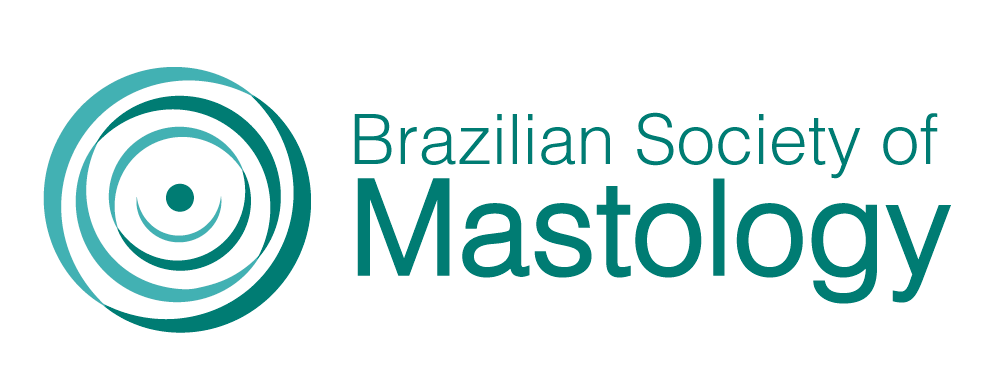DIAGNOSIS OF BREAST CANCER IN BRAZIL
REFLECTION ON THE IMPACT OF THE COVID-19 PANDEMIC
Palavras-chave:
Breast Cancer, COVID-19, Diagnosis, Women HealthResumo
Objective: To compare the number of breast cancer diagnoses performed in the public health system in Brazil, in the period from 2015 to 2020, analyzing the effects of the coronavirus disease 2019 (COVID-19) pandemic. Methodology: This is an observational, cross-sectional study, with a descriptive and quantitative approach, which is carried out with secondary data provided by the Cancer Information System (SISCAN/DATASUS), considering two time frames — before the pandemic (2015–2019) and during the pandemic (2020). The study included women diagnosed with breast cancer, who underwent mammography between 2015 and 2020. Appreciation by the Research Ethics Committee was waived because public, aggregated data were used, without identifying the participants. Results: Between 2015 and 2020, 14,598,318 mammograms were performed in Brazil. The temporal analysis shows a gradual upward behavior in all years, reaching a growth of 49.6% from 2015 (n=2,047,295) to 2019 (n=3,063,022). In the year 2020, there is a significant drop (39.8%) in the number of mammograms performed (n=1,843,182). From 2015 to 2020, 197,368 breast cancer diagnoses were carried out in Brazil. As with the monographs, in the year of the pandemic, a significant drop (46.9%) was demonstrated in the diagnoses performed (n=22,167), a figure that represents only 33.4% of the estimate for 2020 made by the National Cancer Institute (n=66,280). Conclusions: With the emergence of the COVID-19 pandemic and the magnitude taken by it, there was a significant impact on the screening, monitoring, and treatment of breast cancer in the country. It is possible that measures of social isolation to contain the virus contributed to this behavior, causing underdiagnosis and future expectations of less favorable prognosis. It is believed that this scenario will worsen in 2021 in view of the number of cases that are no longer diagnosed, a fact that possibly will reflect on the severity of the cases and the costs for public health.
Downloads
Downloads
Publicado
Como Citar
Edição
Seção
Licença
Copyright (c) 2021 Dandara Rocha Ramos, Maria Fernanda Passos Rocha Ramos, Paulus Fabricio Mascarenhas Ramos, Katia de Miranda Avena

Este trabalho está licenciado sob uma licença Creative Commons Attribution 4.0 International License.







